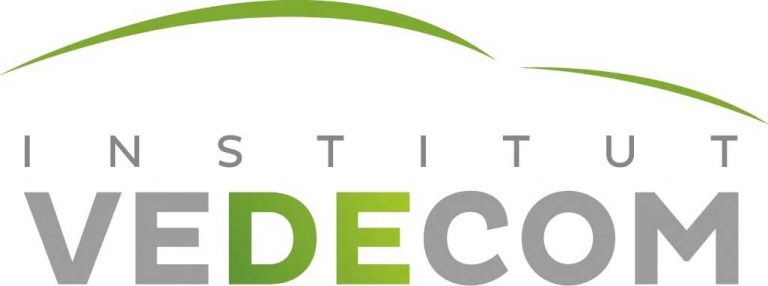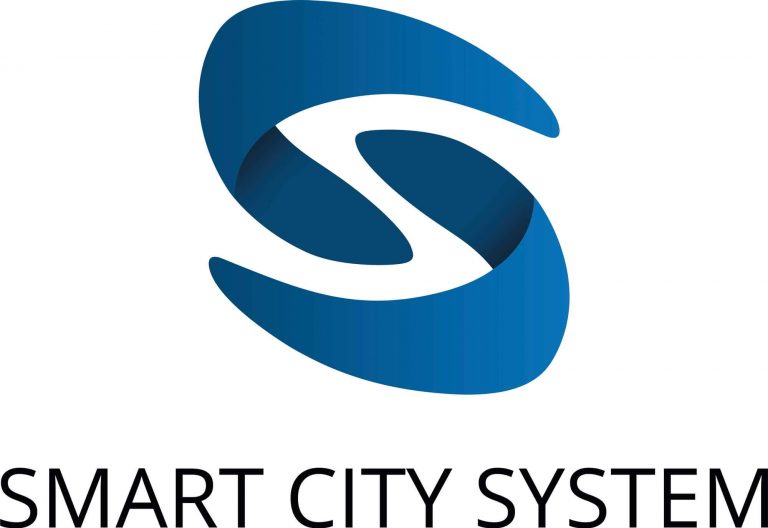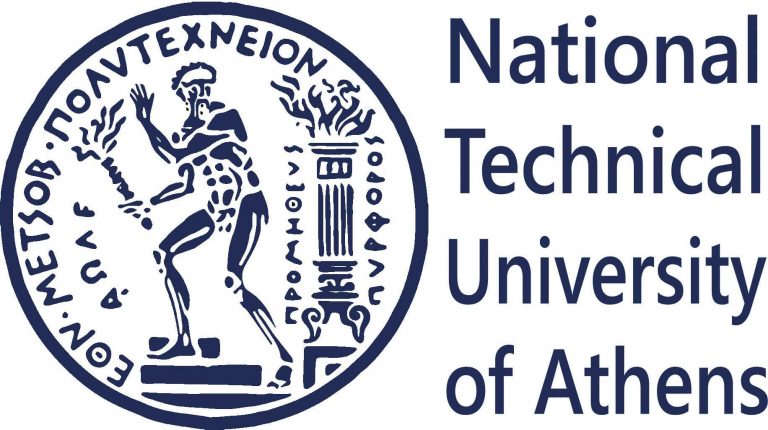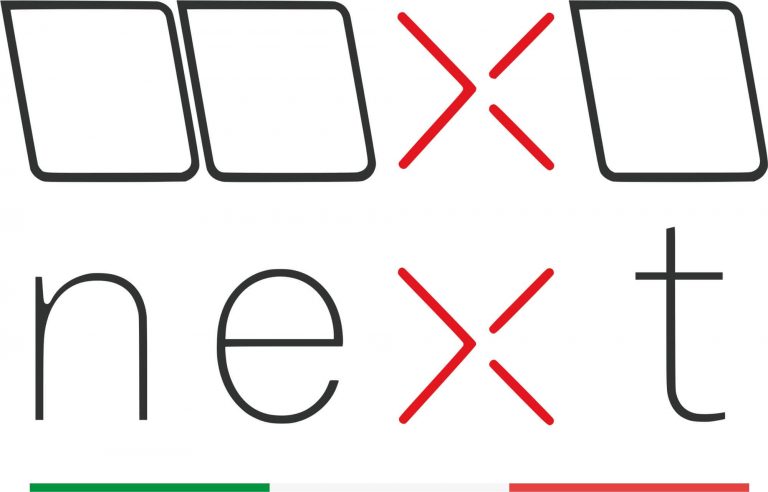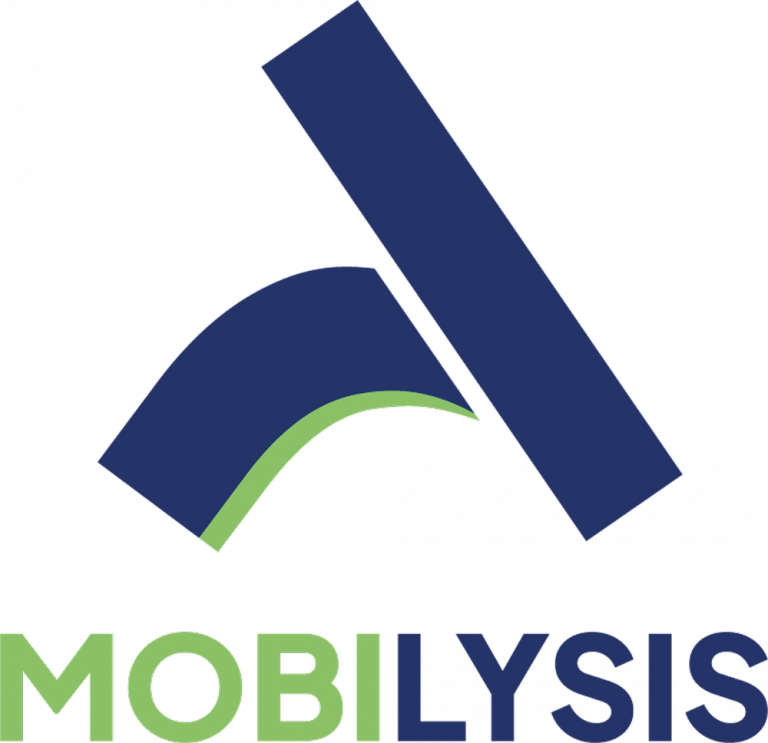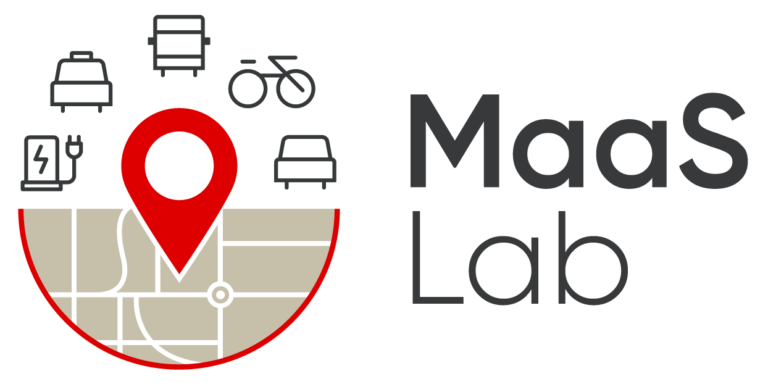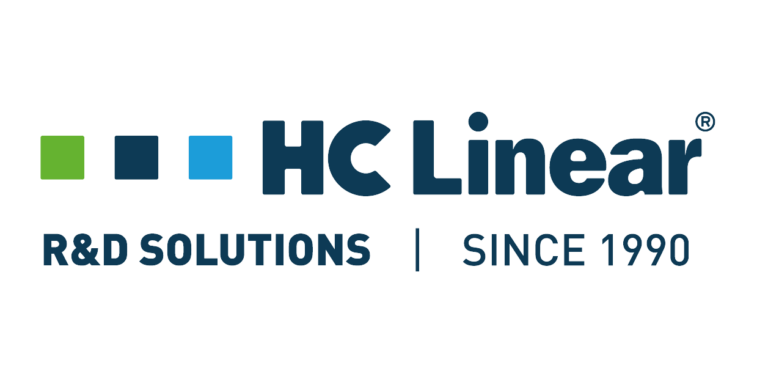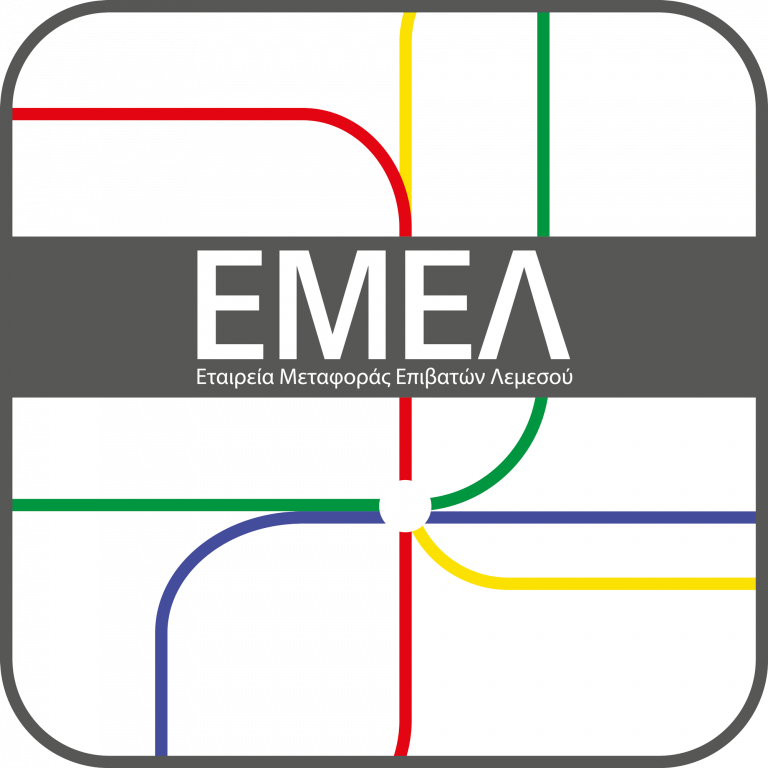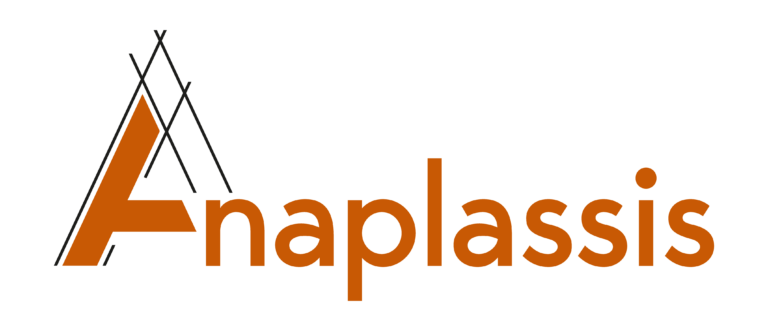The Status Quo Map is a major step forward for the metaCCAZE project. It sets the foundation for designing and testing the future shared zero emission mobility solutions planned in our four trailblazer cities : Amsterdam, Limassol, Munich, and Tampere. This map gives us a detailed picture of where each city stands right now, helping us understand their current capabilities and readiness.
Our metaCCAZE partner, TRT, is a research and consulting firm specialised in transport and mobility planning, transport economics and modelling. In metaCCAZE, they are setting the ground by reviewing the current situation in the trailblazer cities, and establishing a Status Quo Map.
The Status Quo Map evaluates the readiness of cities around three key areas:
A Capability Map: this looks at general information and policies contained in each city’s Sustainable urban mobility plans (SUMP) and Climate City Contracts (CCC). It helps us understand the cities’ goals, policy targets, its past experiences, and available resources. We also explore the research and innovation outcomes from previous European projects, such as 2Zero, CCAM, CIVITAS and MISSION, to determine how these outcomes can be utilised within the metaCCAZE project.
A Empathy Map: through dialogues, we gather input from citizens and stakeholders to identify their needs, challenges, and potential solutions. This exercise, coordinated by BABLE, ensures that our shared zero emission mobility solutions align with what the community actually wants and needs. Citizens and stakeholders share their thoughts, feelings, as well as their “pains” and “gains” in regards to various mobility solutions.
Data Map: through the guidance of NTUA, we collect and analyse data specific to each city. This includes mobility data, economic and social metrics, and other relevant information. The goal is to have high-quality, compatible data for effective monitoring and decision-making.
Looking ahead
The Status Quo map offers a comprehensive overview of each trailblazer city’s current state, highlighting strengths and improvement areas. The insights will guide future activities in the four cities, including use cases, and business innovation and governance models that will be tested. This will ensures our zero emission shared mobility solutions are innovative, effective, and most importantly, tailored to each city’s unique needs.
In summary, the metaCCAZE project is all about co-designing zero emission shared mobility solutions by understanding and leveraging the current capabilities, stakeholder needs, and data of cities.
Learn more about metaCCAZE cities here.

